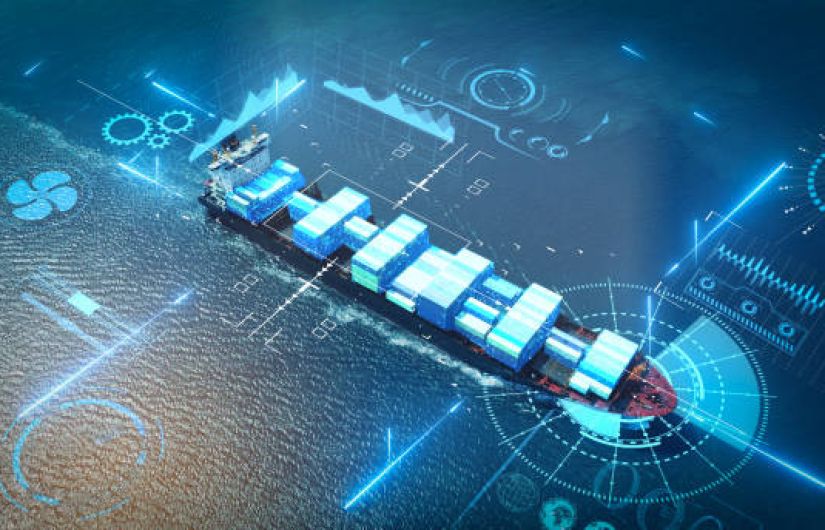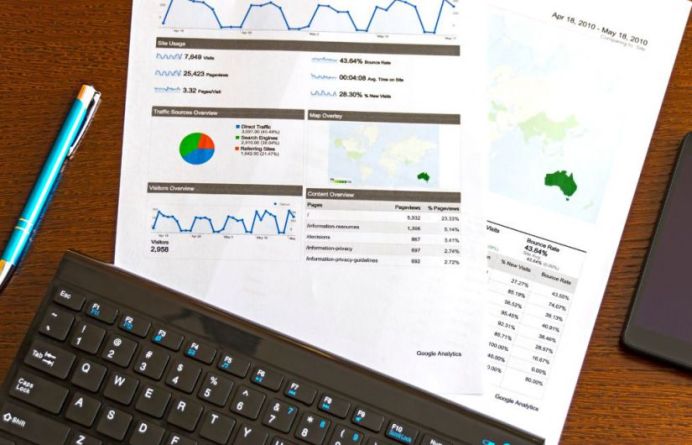The Power of Digital Transformation In the Maritime Industry
Digital transformation has revolutionized the maritime industry in recent years, bringing about significant changes and improvements. From enhancing operational efficiency to ensuring safety and compliance, the impact of digital transformation is undeniable. One of the key areas where digital transformation has made a profound impact is in optimizing fleet management.
Advanced technologies, such as Internet of Things (IoT) sensors and real-time data analytics, have enabled maritime companies to monitor and manage their fleets more effectively. This has not only improved operational efficiency but also contributed to cost savings and better resource allocation.
Furthermore, digital transformation has played a crucial role in enhancing safety and risk management in the maritime sector. Predictive analytics and machine learning algorithms have empowered companies to identify and mitigate potential risks, thereby ensuring the safety of crew members and cargo. Real-time monitoring of weather patterns and sea conditions has also become more accessible, enabling proactive decision-making to avoid hazardous situations.
Moreover, the implementation of digital transformation has streamlined regulatory compliance and reporting processes within the maritime industry. Automation of documentation and reporting tasks has reduced the administrative burden on maritime professionals, allowing them to focus on more strategic aspects of their roles. In addition to operational and safety benefits, digital transformation has also improved communication and collaboration within the maritime ecosystem.
Advanced communication tools and collaborative platforms have facilitated seamless information exchange among stakeholders, leading to faster decision-making and improved situational awareness. Looking ahead, the power of digital transformation in the maritime industry is set to continue evolving.
As technologies such as artificial intelligence, blockchain, and autonomous vessels gain prominence, the potential for further optimization and innovation within the maritime sector is vast.
Trending Digital Technologies In The Maritime Sector
Companies in the maritime sector can become more aware of these trends and leverage these digital technologies ;
Internet of Things (IoT) and Sensor Technologies: IoT sensors are being increasingly utilized in the maritime sector to gather real-time data on vessel performance, fuel consumption, and environmental conditions. This data is instrumental in optimizing operational efficiency, enhancing maintenance practices, and ensuring fuel savings.
Predictive Analytics and Machine Learning: Predictive analytics tools, powered by machine learning algorithms, are enabling maritime companies to forecast equipment failures, identify safety risks, and optimize maintenance schedules. By leveraging predictive analytics, companies can reduce downtime, enhance safety, and achieve cost savings.
Automation and Robotics: The use of automation technologies, such as unmanned surface vessels (USVs) and remotely operated vehicles (ROVs), is on the rise in the maritime industry. These technologies streamline various operations, including inspections, surveys, and cargo handling, leading to improved efficiency and reduced operational risks.
Advanced Communication and Collaboration Tools: Advanced communication tools and collaborative platforms are transforming the way maritime stakeholders interact and exchange information. By embracing these technologies, companies can facilitate seamless communication among crew members, port authorities, and logistics partners, leading to improved decision-making and coordination.
Blockchain for Supply Chain Management: Blockchain technology is gaining traction in the maritime sector for enhancing transparency and security in supply chain management. By leveraging blockchain-based solutions, companies can improve traceability, reduce fraud, and streamline documentation processes, ultimately optimizing supply chain operations.
Autonomous Vessels and Artificial Intelligence: The development of autonomous vessels, powered by artificial intelligence and advanced navigation systems, represents a cutting-edge trend in the maritime sector. By exploring the potential of autonomous vessels, companies can achieve operational cost savings, improved safety, and optimized route planning. These trending digital technologies are reshaping the maritime sector, offering new opportunities for enhanced efficiency, safety, and sustainability. Embracing these technologies can position maritime companies at the forefront of innovation and competitiveness in the evolving digital landscape.
In conclusion, digital transformation has proven to be a game-changer for the maritime industry, bringing about substantial improvements in operational efficiency, safety, compliance, and collaboration. Embracing and leveraging digital technologies will be crucial for maritime companies to stay competitive and thrive in an increasingly digitalized world.






.jpg)


.jpg)










.jpg)


0 Comments: